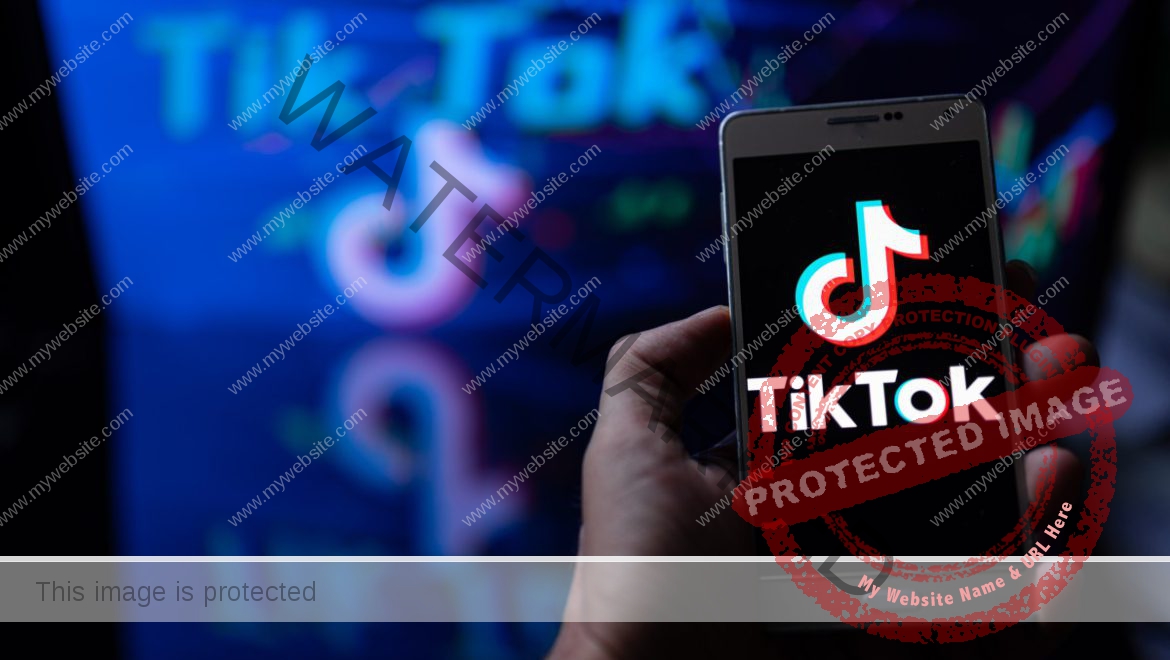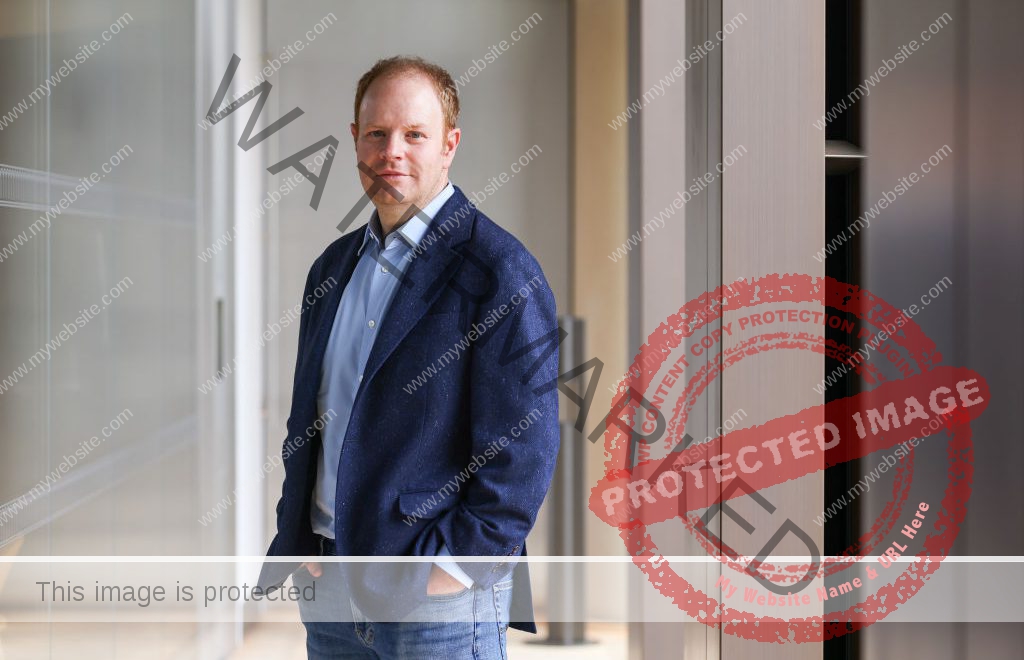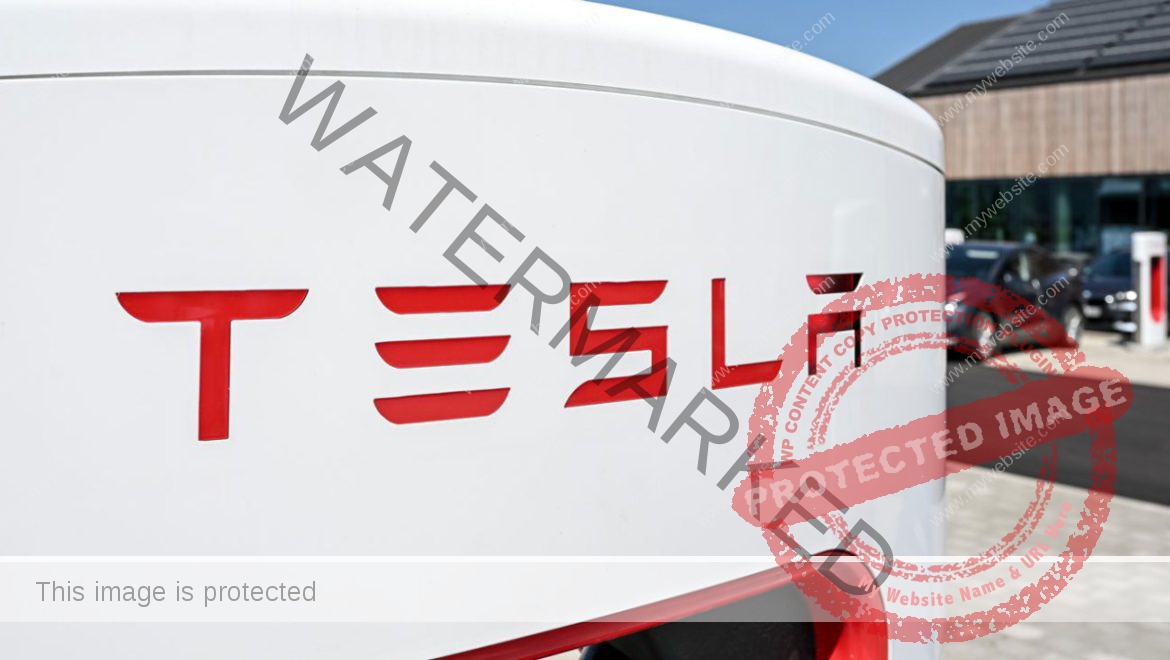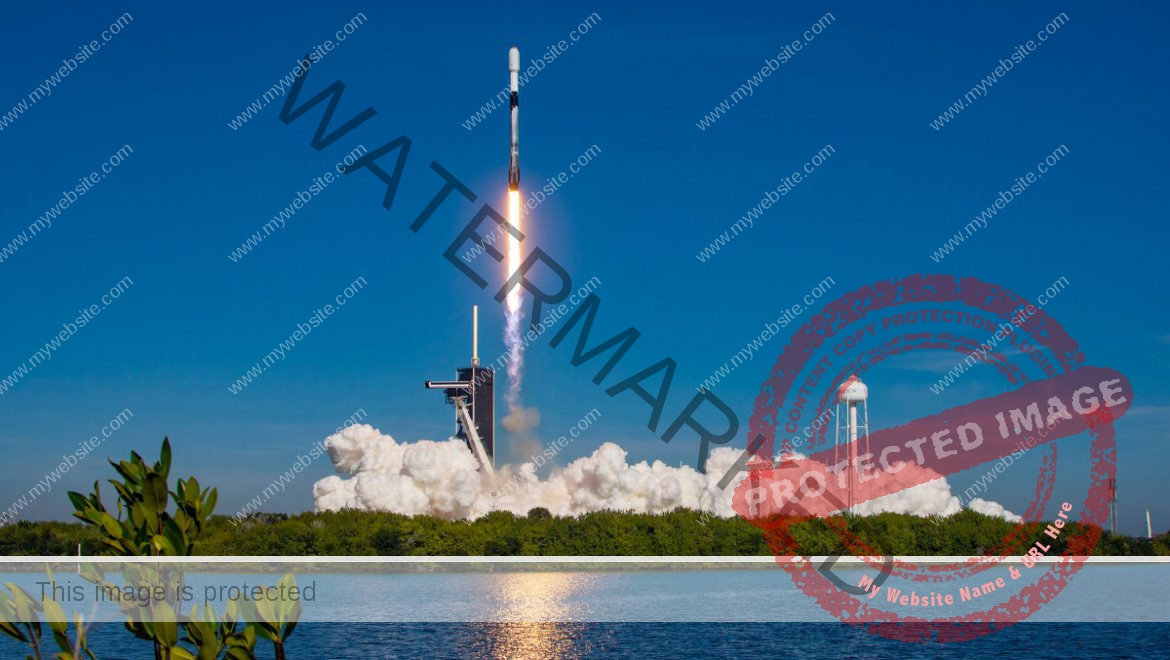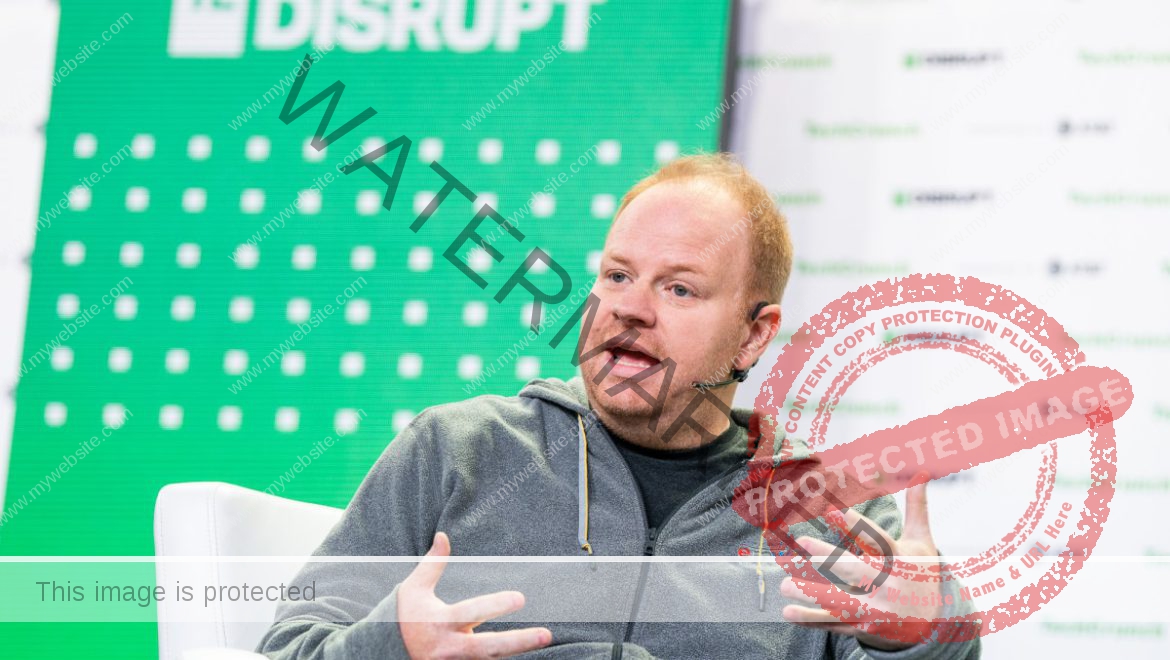So are we banning TikTok or what? Also: Can an influencer really tank an $800M company? | TechCrunch
Welcome to Startups Weekly — your weekly recap of everything you can’t miss from the world of startups. Sign up here to get it in your inbox every Friday.
Ticktock, TikTok: It’s been a wild week for TikTok. Even as the company starts testing its Twitter competitor in certain markets and launches its luxury secondhand shop in the U.K., it’s finding a lot of friction in the land of the free and the home of the brave: In an episode of “As the TikTok Turns,” the U.S.’s esteemed House of Representatives, in a rare show of bipartisanship, has passed a bill to give TikTok’s parent company a nine-month ultimatum: Sell or face extinction in the U.S. This is like giving your teenager an extra three months to clean their room before grounding them … forever!
The bill also comes with a magic “90-day extension” button for the president’s use only. How thoughtful! It seems this move has appeased some Senate skeptics, and even President Biden is on board. Critics argue this ban could infringe free speech rights and hurt businesses. (Who knew viral dances were so crucial to our economy?) On the flip side, as one lawmaker puts it — consider it less entertainment app ban and more spy balloon deflation.
How powerful are influencers?: The weirdest curveball we saw this week was a reminder that people don’t really understand how journalism or product reviews work. To wit: Humane Ai raised $230 million before the product even left the factory. The hype was real until the Ai Pin dropped at a hefty $699 plus monthly fees, and folks realized it’s a lot of ado about not-a-lot. Don’t shoot the messenger — in this case popular YouTuber Marques Brownlee aka MKBHD, whose crime was <checks notes> “Telling it like it is” with his review titled “The Worst Product I’ve Ever Reviewed … For Now.”
Now, this YouTuber has more subscribers than some countries have people (18 million to be exact; in fact, if his YouTube channel was a country, it would be roughly the 69th most populated country. Nice.). Apparently, being honest equates to “potentially killing someone else’s nascent project,” according to ex-AWS engineer Daniel Vassallo. Funny how an underdog worth $800 million can get its feelings hurt so easily! And by the way, this isn’t a first; MKBHD was also accused of causing Fisker’s downfall with another truth-bomb review last month: “This Is the Worst Car I’ve Ever Reviewed.” Dom and Amanda think it’s notable that a YouTuber is perceived as having the power to make or break a company.
Most interesting startup stories from the week
Poetry Camera takes a photo and prints a poem. Image Credits: Poetry Camera
The next time you’re missing the good ol’ days of squinting through a tiny viewfinder and praying your shot turns out okay, remember Mood.camera. It’s an iOS app that gives you all the uncertainty of analogue photography sans trips to the photo lab. Created by developer Alex Fox, this app says “no thank you” to live previews and editing features, instead focusing on vintage filters and letting fate decide how your photos turn out. Because who doesn’t love a little mystery in their life? Just don’t forget to hold still for three minutes or so while it “develops.” For $1.99/month (or $14.99 one-time fee), you too can experience the thrill of accidentally overexposing every picture on your beach vacation like it’s 1995.
Ever snap a pic of a tree and wish it was poetry? Well, Joyce Kilmer didn’t either. But in the age of AI tech, Kelin Carolyn Zhang and Ryan Mather have decided to bless us with their intriguing spawn — the Poetry Camera! This ain’t your average Insta click-creator; instead of capturing duck faces and dinner plates, it generates thought-provoking (or as thought-provoking as AI can manage) poetry based on its visual encounters. A Raspberry Pi serves as its brain while OpenAI’s GPT-4 spins out verses worthy of Wordsworth (or maybe not). And here’s the kicker: This camera prints out your poetic masterpiece on paper — yes, paper. No digital saving for that extra touch of nostalgia or is it just an easy way to avoid privacy concerns? The jury’s still out. But hey, if you’ve been yearning for a physical memento from your digital existence … snap away!
- A date shared is a risk halved: Tinder rolled out a new feature called “Share My Date,” enabling users to send details about their upcoming romantic escapades directly from the app. Now your friends can know where you’re going, with who and when. And let’s face it, who doesn’t love a good digital, remote third wheel?
- Good grief: Here’s something that just might be able to help you navigate that murky maze of sorrow and casseroles. DayNew is a new social platform for dealing with trauma and grief, brought to us by two widows-turned-entrepreneurs who were fed up with the lack of suitable resources available during their own grieving process.
- No loans for you, students: BloomTech (formerly Lambda School) has been served a big ol’ slice of humble pie by the U.S. Consumer Financial Protection Bureau (CFPB). After pulling back the curtain on their “not-so-risk-free” income share loans and playing fast and loose with job placement stats, the CFPB has placed a 10-year ban on BloomTech’s consumer lending activities.
Most interesting fundraises this week
Image Credits: Betty Laura Zapata/Bloomberg / Getty Images
Breaking news in the world of bling: Pascal, the lab-grown diamond startup, is making it rain with nearly $10 million in VC funding and a hefty revenue forecast. Who needs Drake’s $400,000 diamond-encrusted iPhone case when you can have affordable ice? These cultured gems are so shiny they’ll make your TikTok videos sparkle like a disco ball. Even Andreessen Horowitz couldn’t resist throwing some money at this gem of an idea!
Well, well, well! Last week we got wind that Rippling was about to close a $200 million funding round at a jaw-dropping $13.4 billion valuation. Now founder Parker Conrad has confirmed the news and spilled some juicy details. They were looking for a way to give early employees some liquidity (read: cash money), but investor interest was so high they had to expand their plans. As for going public? That’s somewhere over the rainbow, suggests Conrad.
- Hey, parents, you can help: Hot on the heels of Forta raising $55 million to help parents care for autistic kids, Clarity Pediatrics is like that cool aunt who swoops in to save the day, with $10 million for their group therapy sessions aimed at teaching parents how to defuse ADHD-induced chaos. Their secret sauce? Ditching one-on-one kid therapy and focusing on behavioral parent training instead.
- Matterport gets an exit: It’s story of the little digital-twin platform that could! Matterport has agreed to sell its soul (in the form of its shares) to one of its customers, real estate giant CoStar. How much does it cost to own a company’s soul these days? Well, $5.50 per share or a cool $1.6 billion overall.
- Startup missions to Mars: Breaking news, folks — NASA’s got a little too much Mars on its plate and it’s looking for some eager space startups to help chow down. After deeming their $11 billion, 15-year Mars mission plan “insufficient,” NASA boss Bill Nelson now wants to bring commercial providers in from the start.
Other unmissable TechCrunch stories …
Oh, Tesla. With profits dropping faster than a Cybertruck with a stuck accelerator and EV sales feeling the pressure, it seems the automaker is in a bit of a pickle. A 55% dip in profits? Ouch! It appears that slashing EV prices like they’re Black Friday deals hasn’t worked out quite so well for them. Between wars, arson attacks on factories, high-profile layoffs, and new models rolling off the assembly line slower than LA traffic, it seems Tesla has a long list of challenges. Let’s just hope Musk’s plans work out better than the Tesla semi-truck production timeline.
Here’s another handful of stories you might otherwise have missed:
- Formlabs’ Form 4 breaks cover: Formlabs has been making desktop 3D printing less of a pipe dream and more of a reality; it’s been five years since Form 3 came along — and what better way to celebrate than by releasing an upgraded version? Meet the Form 4. This big boy boasts faster print times (under two hours for most prints), a larger build volume (30% increase) and resolution that apparently rivals injection molding (whatever that means).
- Bezos’ buzzing brainchild is bailing on California: Amazon’s Prime Air drone delivery operations in Lockeford fold faster than a badly flown origami bird. Why? Well, Amazon mumbled some vague reasons, but the experiment continues in Texas and soon will come to Arizona.
- The last Post: Oh, Post News. We hardly knew ye … mainly because we still had Twitter. The a16z-funded microblogging platform that popped up like an eager freshman after Elon Musk’s Twitter acquisition is closing its digital doors.
- Wait, what did you say?: Remember when Rewind promised to help you record your digital life and let you search through it? Well, they’re rebranding as “Limitless,” producing a pendant (or is it a necklace?) that records your conversations.
- Hiring in robotics: Dust off your circuit boards and plug into the job market, folks, because Brian compiled a beefy list of 74 robotics companies that are hiring! From Advanced Construction Robotics with four roles to Exotec with 17, there’s opportunity aplenty for all you wired whiz kids out there.

